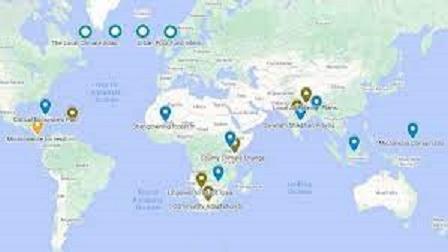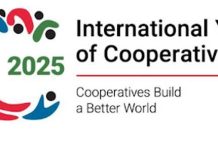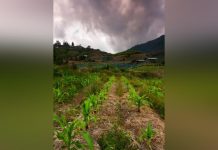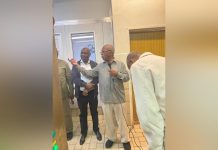
Africa-Press – Lesotho. Locally led adaptation (LLA) is increasingly recognized as important in redressing the predominantly top-down approaches to channeling climate finance.
LLA is a framework that facilitates devolution of finance and decision-making power into the hands of local actors, including local governments, traditional authorities, and community members. In doing so, it can enable more effective and equitable adaptation solutions and processes.
Existing efforts at LLA are mostly focused on the roles that nongovernmental stakeholders, such as local nongovernmental organizations and civil society organizations, can play; meanwhile, the role that local governments can play in facilitating LLA is relatively less advanced.
The Local Climate Adaptive Living Facility (LoCAL) is a local government–focused mechanism that advances LLA. LoCAL does this by combining provision of performance-based climate resilience grants to local governments with technical and capacity-building support, to enable local-level adaptation action.
LoCAL works in LDCs and developing countries across Africa, Asia, the Caribbean, and the Pacific. It specializes in contexts characterized by extreme fiscal constraints (especially at the subnational level) and high levels of poverty and climate vulnerability.
This paper provides insight into how LoCAL equips local governments with the tools they need to play a key role in LLA and touches on what constrains LoCAL’s contribution to LLA.
The examples of applying the LoCAL mechanism in-country show how working with local governments can be a powerful way to devolve adaptation finance and decision-making power to the local level, and therefore improve the efficiency and reach of climate funding, as well as the effectiveness of adaptation investments.
This paper begins with an overview of what LLA is, the LoCAL mechanism, and the research methodology undertaken. The LoCAL mechanism is implemented in 34 countries worldwide, but this paper draws from case studies of three of them: Niger, Lesotho, and Cambodia.
Given this, the paper is not an evaluation of the LoCAL mechanism and is not intended to provide a comprehensive assessment of whether LoCAL is effectively enabling LLA in all the countries where LoCAL operates.
The authors use the three case studies to consider how the LoCAL mechanism has facilitated LLA in these three countries, which forms the basis for recommendations to the broader community supporting LLA to inform their own efforts to meaningfully engage local actors in adaptation. Key Findings:
https://reliefweb.int/report/niger/untapped-potential-role-local-governments-locally-led-adaptation-experiences-local-climate-adaptive-living-facility-local-niger-lesotho-and-cambodia
For More News And Analysis About Lesotho Follow Africa-Press





